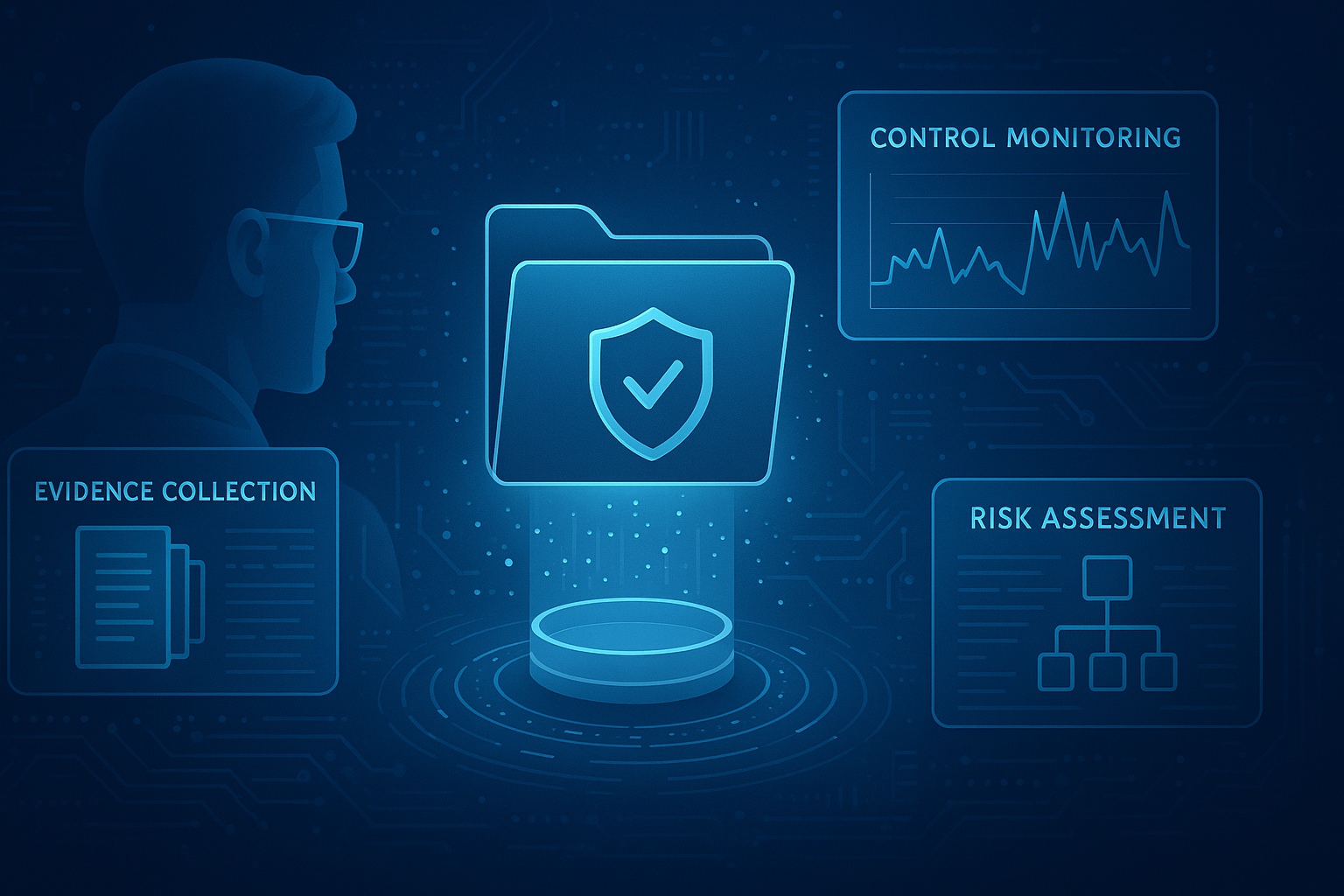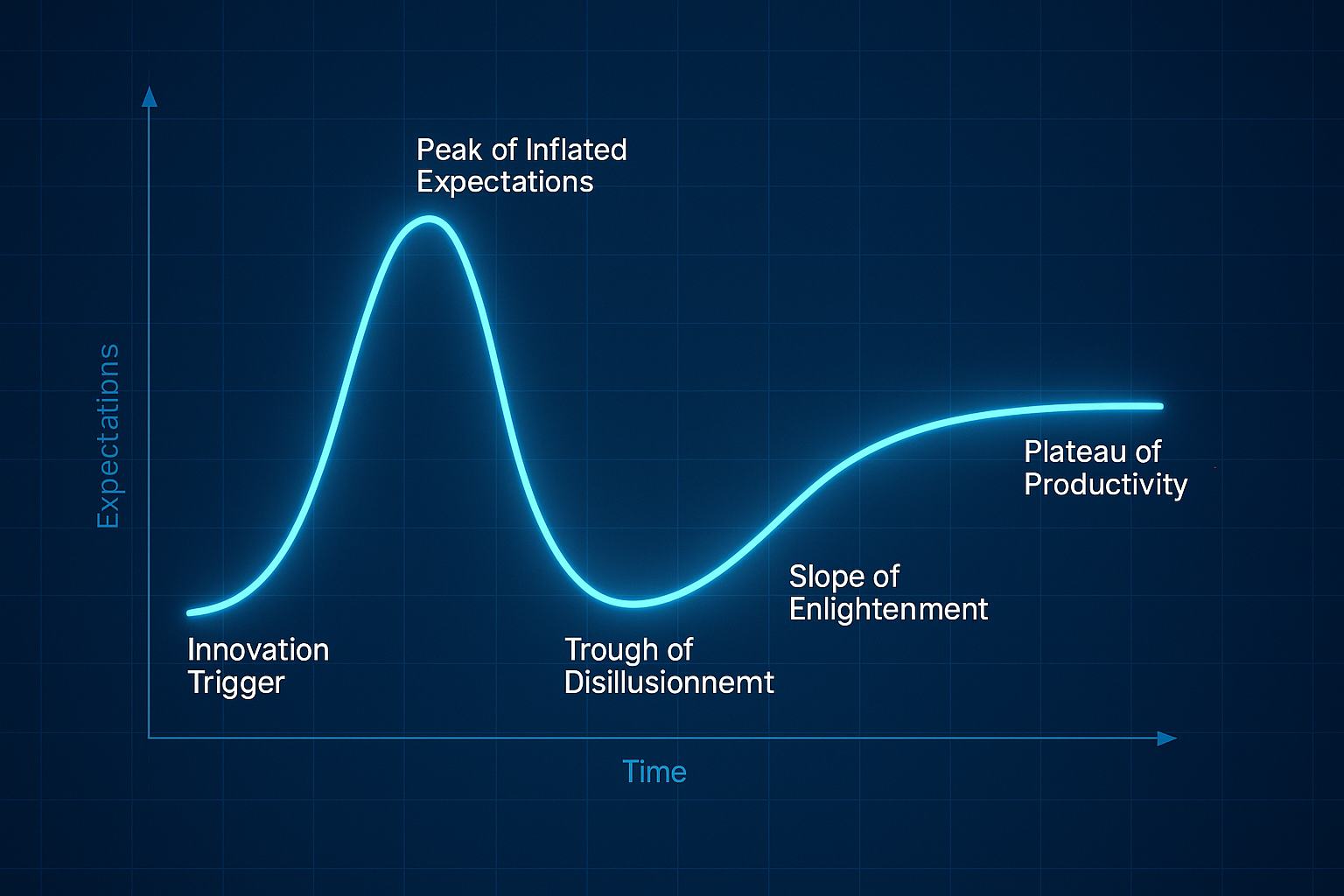While the NIST Privacy Framework may be the headliner for the most anticipated new publication from the National Institute of Standards and Technology, there are two imminent revisions that security teams are expecting that could have a more significant impact: SP 800-171 Rev 2 and SP 800-53 Rev 5.
SP 800-171 Rev 2
NIST SP 800-171 is a part of the DFARS mandate that rolls out to the entire Department of Defense supply chain. Specifically, 800-171 is a collection of controls designed to properly handle controlled unclassified information (CUI). The first revision was rolled out in early 2018. According to Ron Ross, NIST cybersecurity fellow, the catalyst for another revision was apparent: the DoD approached NIST regarding a revision at the end of last year following scathing reports on the DoD’s cybersecurity posture. The need for a more comprehensive approach was apparent with the increase in cyber attacks from nation-state actors and the expansion of the government supply chain.
Specifically, contractors that fall under the DFARS mandate can expect to see an expansion of the controls included in 800-171 Rev 2. It would appear that NIST is adding a new layer of controls and protocols on top of the existing requirements. This new layer, though, will be optional in some cases. This indicates that the term CUI has more than one subset within that classification. The new layer will sometimes be required based on the type of information in question. However, we have not been able to ascertain who will be the discretionary body determining when additional controls are necessary.
The revision of 800-171 is part of a more significant overhaul of the DoD’s approach to cybersecurity, especially on the smaller contractor level.
“Our large primes are very savvy,” she [Ellen Lord] said. “They have the funds to create hardened environments. What I’m concerned with is, especially, the small companies who our innovation comes from, where when we sit down and talk to them about cybersecurity, we sometimes hear, no kidding, ‘My nephew does my cybersecurity.’ That gets us a little bit worried.”
The concern for the DoD and the federal government as a whole is the age-old dilemma of balancing innovation and its inherent risks with remaining secure. Alongside revisions to 800-171, they are exploring the development of a secure cloud that smaller contractors can build into, which will meet the DFARS requirement for CUI.
We will be interested to see how this revision rolls up into the expansion of 800-171 from a DFAR to a FAR, which is anticipated by the end of the year.
NIST SP 800-53 Rev 5
The fifth revision to SP 800-53 is another widely anticipated update from NIST. Ross alluded to integrating privacy controls, new supply chain controls, new cyber resiliency controls, and new systems engineering controls and processes.
Ross spoke about the increase in cyber attacks and the ever-blurring of the lines between digital and physical as the rationale for reworking 800-53. Alongside the external forces, this revision rolls into a more significant endeavor from the standards institute - something that Ross coined FISMA Vision 2020, an overhaul of the FISMA requirements with the headline action being the retirement of 800-53 Rev 4 for the new revision.
The Bottom Line
As we’ve seen with a slew of new executive orders, Congressional concern over the nation’s cybersecurity posture, and the national budget, the government is increasingly concerned over our nation’s cybersecurity posture (and rightly so). These revisions, alongside the release of the new Privacy Framework, mark a renewed commitment to the nation’s cyber integrity.
For organizations that fall under the DFARS mandate or have requirements to meet 800-53 compliance, remember these revisions are iterations, and the best thing to do is start today. The greatest strategy for navigating the rapidly evolving realm of security compliance is to get ahead with a strong strategy that is not reactionary.





.png)
.png)
.png)
%201.png)
.png)




